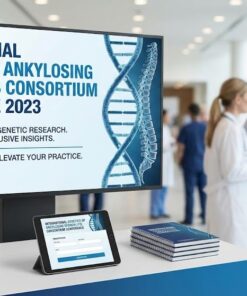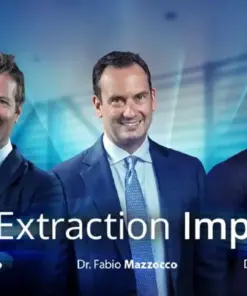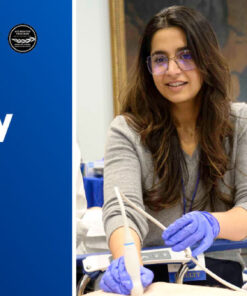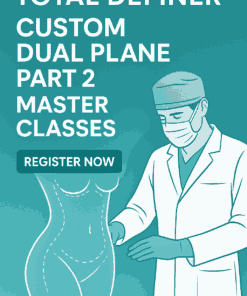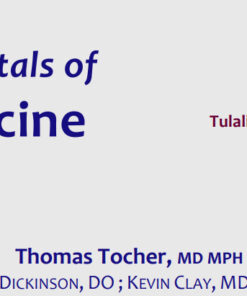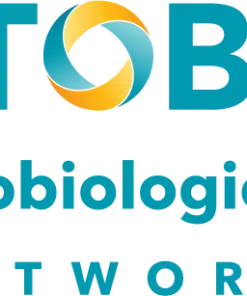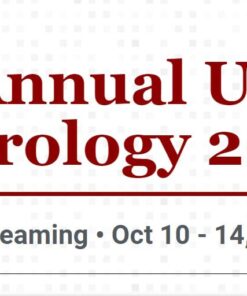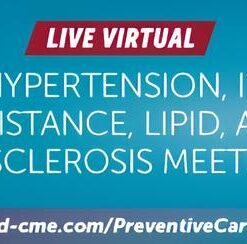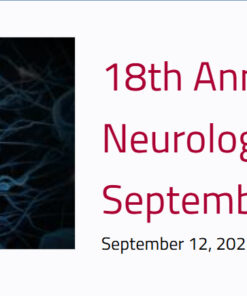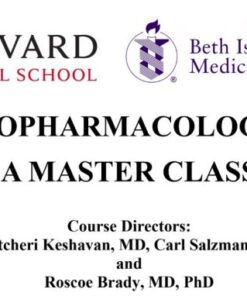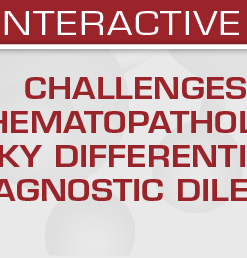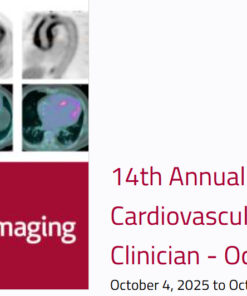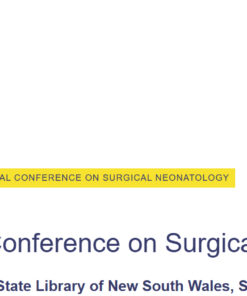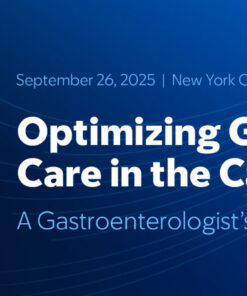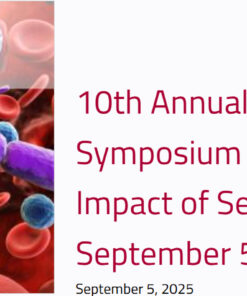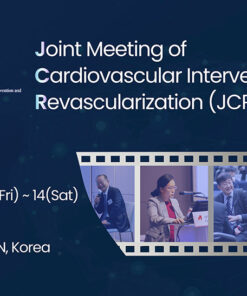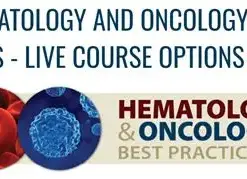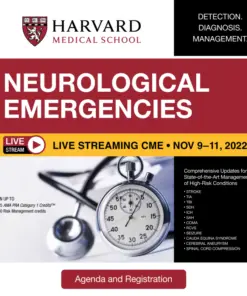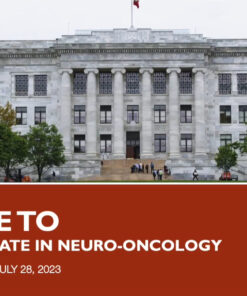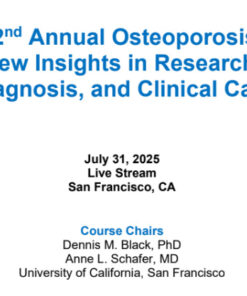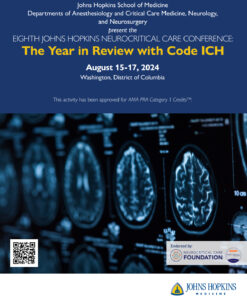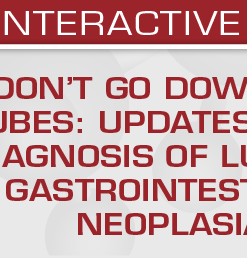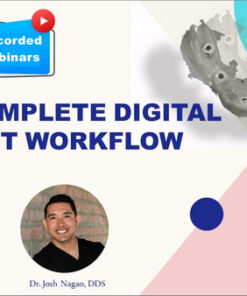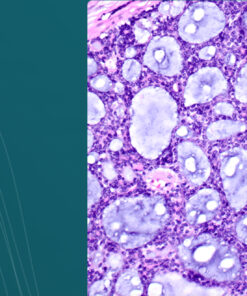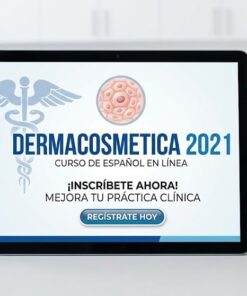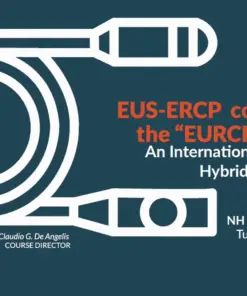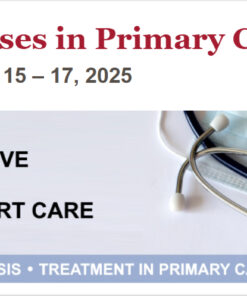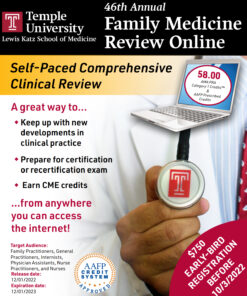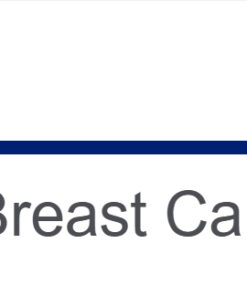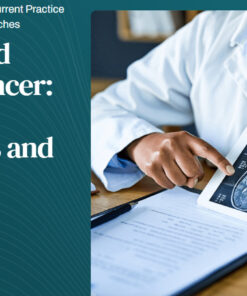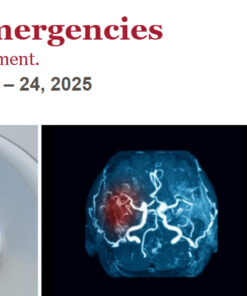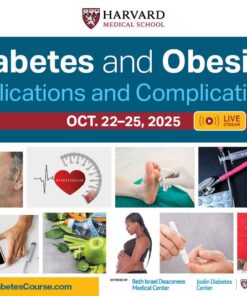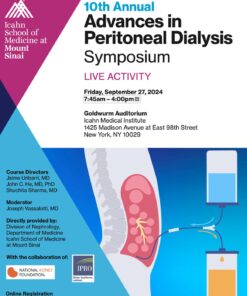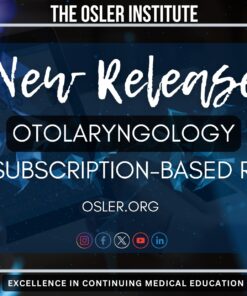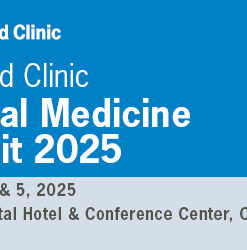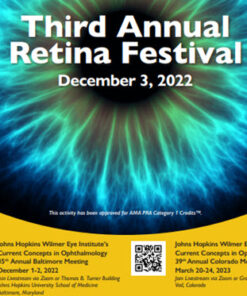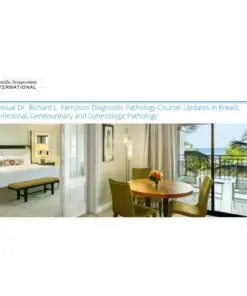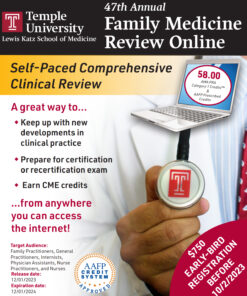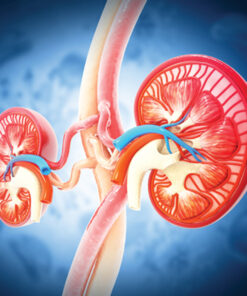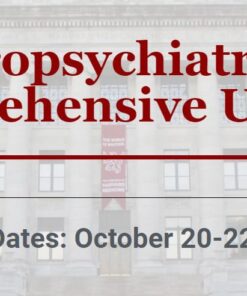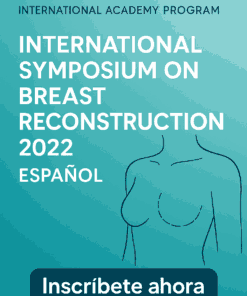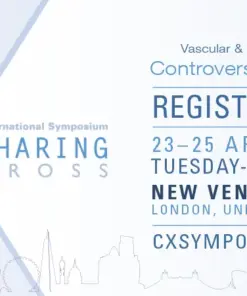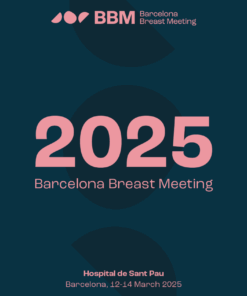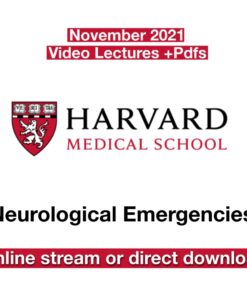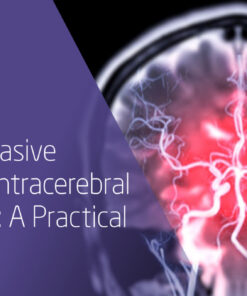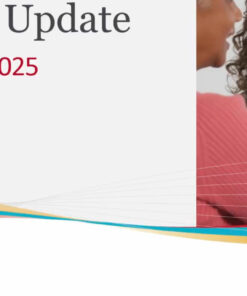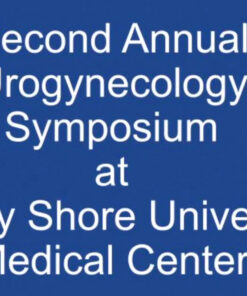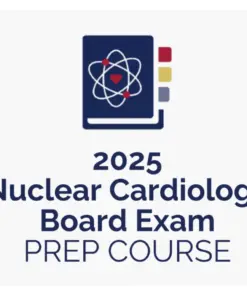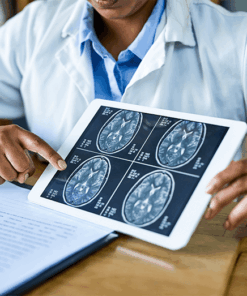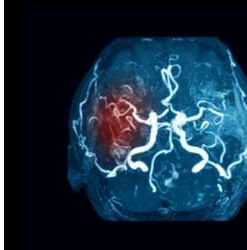Boston University 17th Annual Inflammatory Bowel Disease The Art and Science in the Diagnosis and Treatment 2024
40 $
Delivery time: Maximum to 1 hours
Format : 18 videos + 1 pdf
File size: 7.4 GB
Each year, the Boston IBD conference brings top gastroenterology specialists from North America together with up-and-coming Boston area specialists for a 1.5 day CE program. This program is designed to stimulate conversations about how to initiate practice changes within the IBD healthcare team in the diagnosis and management of patients with Crohn’s disease (CD) and ulcerative colitis (UC). Through keynote talks and panel discussions, you will be challenged to develop innovative strategies to improve the quality of life for your patients while prolonging clinical remission. The city of Boston provides an excellent backdrop for this educational and networking experience – we hope you can join us in person this year.
What past attendees have said about the Boston IBD Meeting:
- Absolutely wonderful! Can’t wait for next year!
- This conference is such a gem and important resource for GI docs. This is a world class conference!
- Excellent program very thoughtfully constructed!
- Wonderful and as always highly educational! Provides useful information we can apply to our practice daily
This course is designed for the entire IBD healthcare team including gastroenterologists, pediatric gastroenterologists, colorectal surgeons, NP/PAs, nurses. pharmacists and other health care professionals caring for patients with CD and UC.
Learning Objectives
At the conclusion of the activity, participants will be able to:
- Discuss the role of artificial intelligence in diagnosing and monitoring IBD.
- Describe emerging agents for IBD in terms of therapeutic target, safety and efficacy data, and place in therapy.
- Delineate the utility of point of care intestinal ultrasound as a modality in monitoring IBD disease activity.
- Apply patient-specific needs in selecting a biologic for a patient with IBD (personalized medicine).
- Review the evidence regarding the role of therapeutic drug monitoring and combination therapy in pediatric and adult IBD
- Describe the risk factors for the development or intestinal cancer in IBD, and the role of surveillance.
- Characterize the hepatic extraintestinal manifestations of IBD, including hepatitis and primary sclerosing cholangitis.
- Plan to implement current approaches for the management of postoperative recurrence in CD.
- Describe the medical and surgical approaches in patients with severe UC and pouchitis.
- Discuss how health disparities and racism impact outcomes in IBD patients.
- Engage members of the interprofessional team (e.g., gastroenterologists, pharmacists, behavioral health) to support successful transition of patients from pediatric to adult care.
+ Topics:
A Conversation about Management of Micronutrient Deficiencies in the IBD Patient.mp4
Best IBD Papers of 2023.mp4
Conventional And Novel Combination Therapy And De-Escalation.mp4
Diversity, Equity and Inclusion in IBD.mp4
Global Pregnancy Guidelines in IBD.mp4
IBD Boston 2024 Online Brochure R.pdf
Intestinal Ultrasound in IBD.mp4
Keynote AI in IBD Much Will Change, Much Will Stay the Same.mp4
Keynote Cancer and IBD.mp4
Keynote Personalized Medicine in IBD.mp4
Keynote Use of Concomitant Medications in IBD-Evidence, Outcomes, and Risks.mp4
Liver Disease in IBD.mp4
Panel Complicated Crohn’s.mp4
Panel Medical Management After Surgery.mp4
Panel Multi-Disciplinary Care of the IBD Patient.mp4
Panel Positioning of Therapies.mp4
Pediatric Transitions.mp4
Prevention of IBD Are we Ready.mp4
Radiology in IBD.mp4



